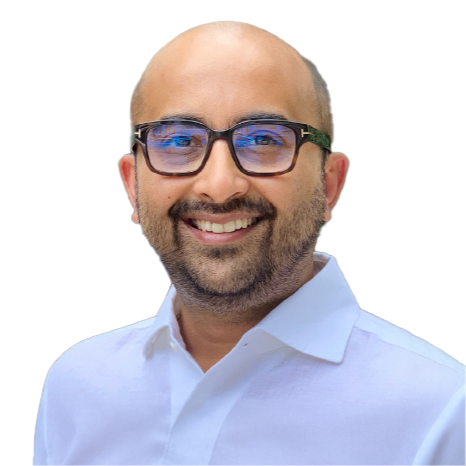President Bola Ahmed Tinubu has urged Nigeria’s judiciary to embrace digital literacy, especially in blockchain and cryptocurrency, in an effort to strengthen the fight against financial crimes.
He said the increasing use of digital systems in fraud and corruption cases requires judges to be knowledgeable about emerging technologies.
Speaking at the Economic and Financial Crimes Commission (EFCC)–National Judicial Institute (NJI) Workshop for Justices and Judges in Abuja, Tinubu, represented by Vice President Kashim Shettima, stressed that justice delivery must evolve to meet the demands of the digital age.
“How does one do justice in a cryptocurrency fraud case except one is grounded in such matters?” he asked.
Judiciary must adapt to new realities
Tinubu explained that modern corruption has become more complex, requiring judicial officers to learn new tools and systems.
“Learning and relearning are no longer a buzz phrase but an essential undertaking for continued relevance in this digital age,” he said.
He warned against compromise within the judiciary, noting that public trust in the justice system rests on integrity and independence.
“The moral foundation of our nation rests squarely on the integrity of its judicial system,” he stated. “We draw our moral distinction as a people from the judiciary, and we owe it the reverence and autonomy to remain the last sanctuary of our collective conscience.”
The President also promised continued government support for judges’ welfare and judicial reforms, highlighting recent remuneration reviews as part of efforts to improve the system.
Tinubu further addressed delays in corruption cases, saying that many Nigerians are frustrated when high-profile trials drag on for years while more minor cases are quickly decided.
He called on the judiciary to adopt technology-driven learning and innovation to deliver faster and fairer judgments.
Building public trust through crypto literacy
Chief Justice of Nigeria, Justice Kudirat Kekere-Ekun, echoed the President’s message, emphasising that the strength of the judiciary depends on public confidence.
“The strength of the judiciary lies in the trust reposed in judges by the Nigerian people. We must ensure that justice is neither delayed nor partial,” she said.
Tinubu reminded judges that their role in building a corruption-free nation goes beyond courtroom duties.
“Your vantage position on the Bench does not insulate you from the consequences of corruption,” he warned. “There are no special roads, hospitals, or communities for judges. A Nigeria free of corruption is possible if we all commit to doing what is right.”

















